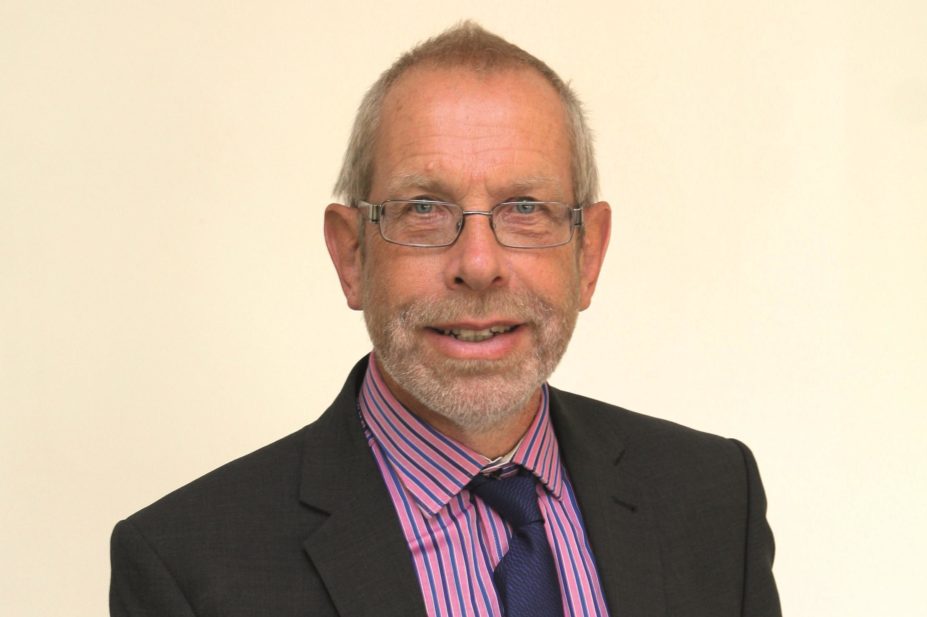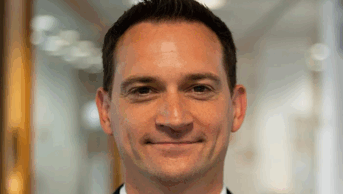
Royal Pharmaceutical Society
Judith Smith, the primary author of the “Now or never: shaping pharmacy for the future” report, challenged the Royal Pharmaceutical Society and the rest of pharmacy to raise the profile of the profession, so that commissioners have pharmacy on their minds. She maintained in her first report, published just over a year ago, that we were a hidden profession and that most commissioners at senior levels of organisations, such as NHS England, Public Health England, and organisations that influenced health policy such as the Kings Fund, the Nuffield Foundation, and the National Association of Primary Care, had no idea who we were, what we could do and how we could offer solutions that help individual patients and solve the current problems of the NHS. My, oh my, how things can change. Recently I attended an informal meeting at which there were concerns that pharmacy and pharmacists were being seen as the solutions for too many problems in the NHS and that we need to be a bit cautious about over promising.
Before I get too carried away with my enthusiasm and optimism, as ever one is brought down to earth with a crash by a phone call from an eminent senior pharmacist telling me the realities of life locally. “You might have pharmacy and pharmacist on the lips of commissioners at national level David but not much of that is happening around here!” So before I tell you about the national picture and how the RPS 5 campaigns are really having an impact it comes with a health warning: there seem to be 2 NHSs going on here and what is sounding good at the national level is not necessarily resulting in action locally.
Firstly let me talk about the impact on the urgent and emergency care plan. There are proposals for pharmacy to be operating at nearly every level in the plan. Our twin track campaign for clinical pharmacists working in A&E departments and for a national common ailments scheme are both in the plan. This week we saw the launch of a tranche of funded pilots in A&E departments and the decision about whether pharmacy-led common ailment schemes are to be funded nationally or locally is still being debated at the highest levels.
So far so good. The RPS and other national pharmacy organisations are influencing the agenda nationally. However, I am not at all confident that a national common ailment scheme will be commissioned but local schemes will be; so the big challenge now is how can this be translated into action locally?
Some local pharmacy organisations, together with some help from the Pharmaceutical Services Negotiating Committee, have done some great work and are beginning to focus on the potential to provide the services needed as part of the urgent and emergency care plan. The recent publication by NHS England of the Five Year Forward View proposes a number of models for primary care including urgent and emergency care networks. There is little doubt that success is likely to come to those pharmacists and pharmacies working in areas where they can offer a cohesive approach and common voice as a part of these networks. Now is the time for these local pharmacy leaders, including both secondary and primary care, to begin to work together.


